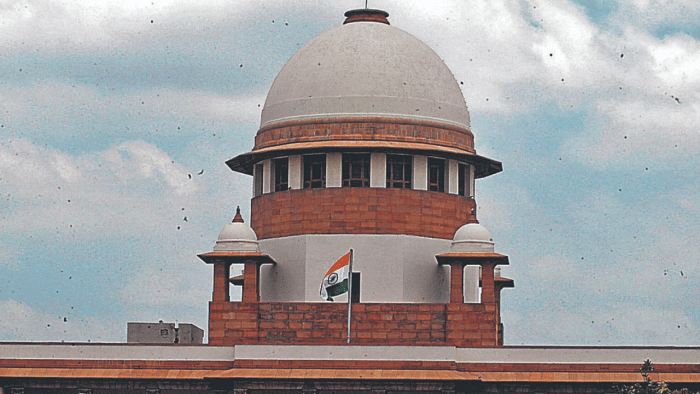
The Supreme Court has said that direct evidence of demand and acceptance of bribes is not imperative for initiation of proceedings in a corruption case but it is preposterous to charge officials of RTO for money found in possession of a private driver.
A bench of Justices Indira Banerjee and J K Maheshwari quashed the corruption case initiated by Lokayukta police against Motor Vehicle Inspectors at the Humnabad RTO check-post in Karnataka.
Thippeswamy C and another, led by senior advocate R Basant and advocate Nishant Patil, challenged the High Court's order declining to quash the case lodged against them as transport department officials in 2012 following a raid by the Lokayukta police.
In the instant case, the top court noted that the appellants had declared more money in the register than what was found with them. At the highest, the appellant had permitted his personal driver to enter the office, which prima facie does not constitute an offence under the Prevention of Corruption Act.
"It is not necessary to go into the question of whether the appellant has committed any act which constituted an act of misconduct or has breached office discipline, in these proceedings. It is preposterous that officials should be charged with an offence under the Prevention of Corruption Act for the undeclared amount found in the possession of a driver who was not required, in law, to make any declaration," the bench said.
There were no materials whatsoever to suggest that the appellant had anything to do with the money (Rs 5,115) found in the possession of the private driver, it added.
The court, however, maintained that there may not have been direct evidence of demand and acceptance of bribe amount for initiation of proceedings under the Prevention of Corruption Act, if the same can reasonably be inferred, having regard to the circumstances of the case.
The bench said it was of the considered view that the High Court should have exercised its discretion to quash the criminal proceedings against the appellants under Section 482 of the Code of Criminal Procedure, as it has the power to interfere with the proceedings which are harassive or in abuse of the process of law.
